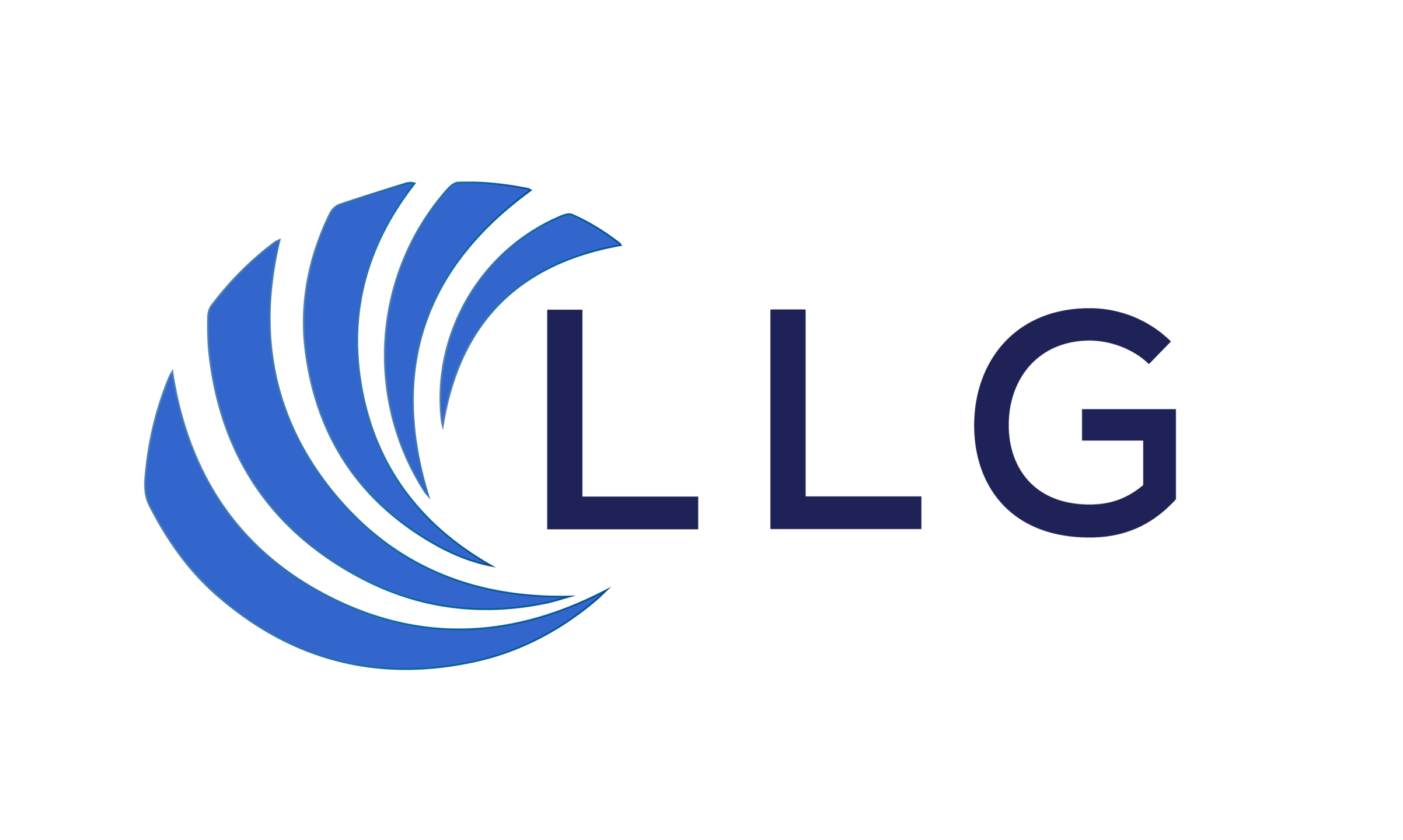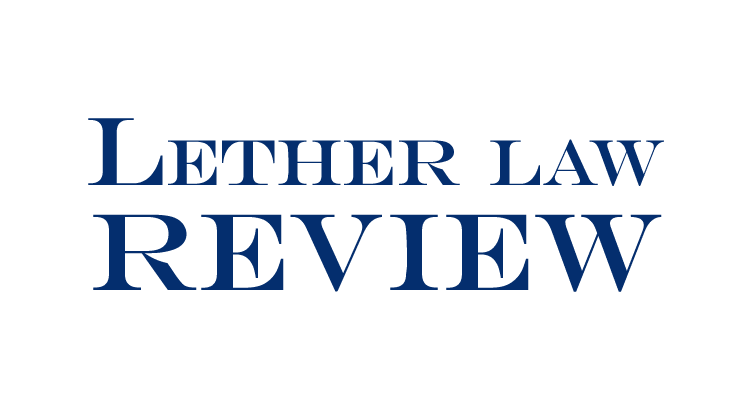Over the past several weeks, the fallout from 2020’s historic wildfire season on the West Coast continues to impact the insurance industry and the regulatory environment which insurers face. More than 6.2 million acres burned across Washington, Oregon, and California in wildfires in 2020, more than 7,500 structures were destroyed, and damages have been calculated in the billions. State authorities in California and Oregon have moved swiftly to impose new requirements on insurers facing wildfire claims.
On September 29, 2020, California Governor Newsom signed into law a series of bills which affect residential insurance policies and claims:
Effective July 1, 2021, SB 872 will prohibit policies which provide additional living expense (ALE) coverage from limiting a policyholder’s right to recovery if the insured home is rendered uninhabitable by a covered peril during a declared state of emergency, but authorizes insurers to provide a reasonable alternative to ALE that addresses the uninhabitable condition of the covered premises. SB 872 also requires ALE to be provided for at least two weeks, with additional two-week extensions, in the event of a state of emergency and orders by civil authorities that restrict access to the premises. SB 872 also prohibits reductions in benefits from what an insured would recover to rebuild at the original location if the insured rebuilds at a new location. Effective January 1, 2021, SB 872 also requires insurers to provide advance ALE payments, to accept contents inventories in “any reasonable form,” and requires insurers to offer a 60-day grace period for premium payments on premises located within areas defined by declared states of emergency for up to 60 days after the emergency.
Effective July 1, 2021, AB 2756 requires insurers to obtain a signed acknowledgment from residential policy applicants if policies do not provide fire coverage and requires a disclosure of no coverage for fire on the policy’s declarations. AB 2756 also requires renewal offers that reduce limits or eliminate coverage to identify the specific reductions and eliminations in the renewal offer. AB 2756 also requires policies which provide replacement-cost coverage to also provide building code upgrade (OL) coverage of no less than 10% of the coverage policy limits as an additional coverage separate from the policy limits, and provides for specific disclosures relating to the inclusion or exclusion of OL coverage in homeowner’s policy declarations.
AB 3012, also includes the ALE provisions and new location benefits provisions of SB 872, and further provides that, for total loss residential claims related to a declared state of emergency, effective July 1, 2021, insurers must provide contents payments of no less than 30% of the structure policy limit, up to a maximum of $250,000, without requiring an itemized claim. AB 3012 also requires nonrenewal notices for residential property insurance policies to include a specific statement referring policyholders to the Department of Insurance’s Home Insurance Finder on the web and to provide information about California FAIR Plan Association alternative policies.
In addition to the above bills, California Insurance Commissioner Ricardo Lara has issued a notice requesting that residential property insurers provide up to 100% of contents coverage limits without requiring a detailed inventory for total loss claims arising from the recent wildfires, and that they adopt the up to 30% of the structure policy limits, up to a maximum of $250,000 (mirroring the provisions of AB 3012, which does not take effect until July 2021). The Commissioner has asked insurers to respond by October 23rd, 2020 whether they will comply and with what percentage of total contents coverage they will provide without a detailed inventory.
In Oregon, the Oregon Division of Financial Regulation (DFR) (which oversees insurers operating in Oregon) issued a 30-day emergency order due to the recent wildfires. The emergency order requires insurers handling claims in designated affected ZIP codes to:
- Extend all deadlines for policyholders to report claims or submit other communications related to claims;
- Take all practicable steps to provide opportunities for policyholders to report claims or to provide required communications related to claims;
- Immediately institute a grace period for premium payments for all insurance policies issued, delivered, or covering a risk in the affected areas through the effective period of the order;
- Suspend cancellations and nonrenewals through the effective period of the order.
Additionally, DFR has issued a bulletin encouraging insurers to take the following measures for policyholders affected by the wildfires:
- Adopting a standard ALE advance payment of at least four months for policyholders with total loss claims or whose properties are uninhabitable, and to take into account adverse circumstances requiring ALE benefit extensions for policyholders whose property remains inaccessible due to wildfire damage even after the lifting of evacuation orders;
- In areas where property access is restricted, not terminating ALE benefits until properties are accessible and deemed habitable;
- Expediting comprehensive auto property damage claims upon satisfaction of proof, including rental vehicle or other benefits within the policy, for insureds who are unable to access their property or to provide proper documentation for verification due to wildfires;
- Allowing and accepting any inventory form that contains similar information to what would be reported on company-specific inventory forms;
- Accepting inventory forms that include groupings of categories of items of property that would be impractical to list separately
- Expediting payment of business interruption claims related to wildfires upon satisfaction of proof of a total loss or inaccessibility of the affected business.
As a result of the large number of losses and requests to expedite adjustment, the threat of inflated and/or fraudulent claims is increased. Therefore, it is important that insurers proactively investigate, adjust, and seek consultation from appropriate professionals as early as possible in the claims process. This includes retaining and seeking opinions from construction/remediation professionals, cause and origin professionals, financial/accounting experts, and, when necessary, legal advice from coverage counsel whenever concerns arise.
Lether Law Group has been handling large first-party property losses for over 32 years. This includes large fire loss and wildfire claims. If you would like to discuss these recent developments or any other matters, please feel free to contact us at any time.





